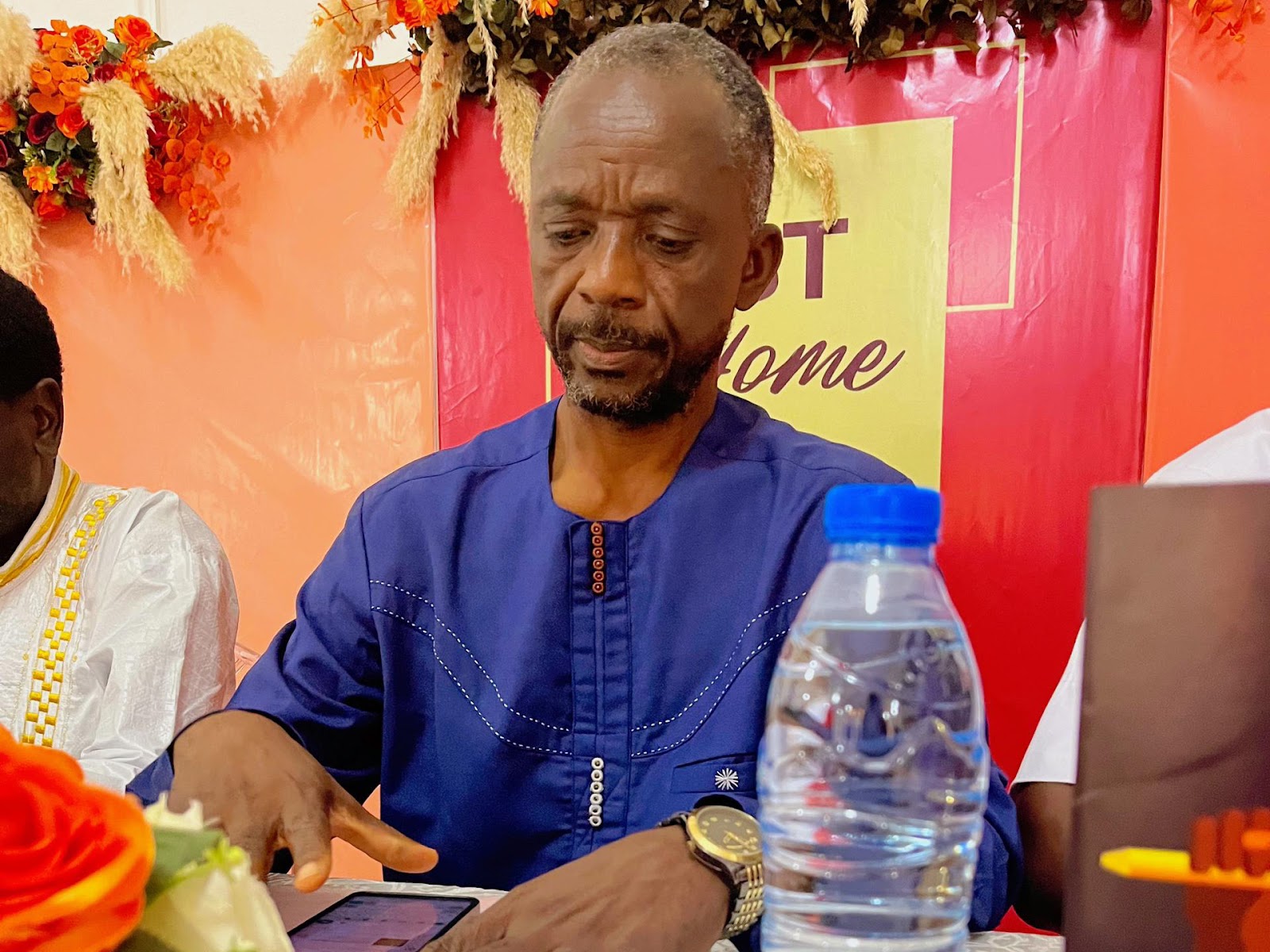Killed on 7 May 2023, Anye Nde Nsoh is nearly forgotten, and nothing has been said about his killers, despite assurances from the local administration that they would be brought to justice. He is one of many journalists and media professionals facing a similar fate, though still alive, who may never see justice for crimes committed against them.
This year, as the world commemorates the International Day to End Impunity for Crimes against Journalists, the plight of Cameroon’s media personnel remains critical, as they continue to grapple with the lack of legal protection and safety measures, especially for those operating in crisis zones.
The central issue underscored during this year's observance by the Cameroon Journalists' Trade Union (CJTU), themed The safety of journalists in crises and emergencies, was the lack of legislation to safeguard journalists and related media professionals in Cameroon.
In Douala, lawyer and Cameroon Bar member Barrister Ali Cheick highlighted this shortcoming, noting that journalists in Cameroon, even while on duty, are legally considered no different from ordinary citizens, leaving them vulnerable.
“There’s no specific protection for them even when they are at work,” he stated, illustrating the legal void that leaves journalists exposed to threats and harassment.
In Bamenda, journalists and media professionals work in an environment fraught with insecurity due to the ongoing conflict. Their concerns range from harassment and intimidation to restricted access to information and inadequate or non-existent wages. These risks are exacerbated by a lack of support infrastructure or training that could better equip them for dangerous reporting conditions.
“Our profession lacks support, and protection is scarce,” Nji Ignatius, president of the North West Chapter of the Cameroon Journalists’ Trade Union (CJTU) said . He stressed that union membership offers a crucial lifeline for journalists in such hazardous situations.
Globally, frameworks like the United Nations Plan of Action on the Safety of Journalists and the Issue of Impunity, as well as the African Charter on Human and Peoples' Rights, call for increased protections for journalists, especially those in conflict zones. These instruments advocate for nations to create legal frameworks that protect journalists' rights and ensure they are not subjected to harassment or violence while carrying out their duties. Such conventions, however, have yet to impact media safety conditions in Cameroon.
Denis Nkwebo, the immediate past national president of CJTU and Commissioner of the Cameroon Human Rights Commission (CHRC) who attended the event in Douala, encouraged journalists to hold themselves to the highest standards, suggesting that ethical and accurate reporting could help mitigate risks.
“With union solidarity, it becomes difficult for members to face wrongful arrests and mistreatment if they’re thorough in their work,” he said, emphasizing the role of professionalism and unity.
In sharing his experiences, BBC correspondent Frederick Takang, who was once held captive by an armed group in Bamenda, described the trauma he endured. Unlike most of his peers in Bamenda, Takang received psychosocial support and safety training from his employer, the BBC, which also provides insurance and social security.
Such resources are uncommon in the Cameroon media industry indicating the stark disparity in support between international media organisations and local outlets.
Similarly, Muma Jude, the Bamenda Chapter President of the Cameroon English-Speaking Journalists Association (CAMASEJ), recounted the difficulties he faces, from threats to a recent 'house arrest' imposed by a separatist leader. His story is similar with many local journalists, who lack protection as they navigate dangerous situations in the course of their work.
Meanwhile, state-employed journalists with the CRTV and the Cameroon Tribune are afforded military protection during government-related assignments, a luxury not largely available to their private-sector counterparts. This privilege further highlights the disparity between public and private media professionals in Cameroon, with independent journalists largely unprotected from the perils they face on duty.
Communication expert Nfor Francis, based in Bamenda, lamented the financial vulnerability of many journalists in the region. He urged media unions to develop support schemes that could offer a safety net for journalists incapacitated in the line of duty, either due to physical harm or psychological trauma.
At the national level, CJTU President and Executive Committee Member of the International Federation of Journalists IFJ, Marion Obam has distributed a "Guide on Legal Protection for Journalists," indicating the absence of comprehensive protections for journalists under Cameroon’s existing laws. Notably, Law No. 90/052 of 19 December 1990, as amended in 1996, grants protection to journalistic sources and information sites, but provides limited safety measures for the journalists themselves. Decree 2002/2170/PM issued by former Prime Minister Peter Mafany Musonge also refers to journalists' right to request protection, yet practical implementation remains elusive.
Obam stresses the urgency of strengthening legal protections, given the alarming increase in legal persecution, harassment, and arbitrary arrests of journalists.
"Cameroon’s press is left with one critical question: how can we safely practise journalism in our country?" she questioned, echoing the fears of many in the industry. Ensuring the safety of journalists is vital, not only for their protection but also for the preservation of press freedom in Cameroon’s challenging and often dangerous media landscape.
Photo credits
Paul Kemafru, Ruth Che Wachong, Samuel Atigi (Bamenda)
Yannick Bezang (Douala
By Bakah Derick
Email: hilltopvoicesnewspaper@gmail.com
Tel: 6 94 71 85 77










